Setting Up Dual Boot with Windows and Arch Linux Using systemd-boot
Dual-booting Windows and Arch Linux is fairly straightforward when each operating system is installed separately. However, you might need to manually select the boot device through your BIOS settings every time you want to switch. To make this more convenient, you can configure systemd-boot to present a centralized boot menu, allowing you to choose between Arch and Windows easily at startup. Installing and Configuring systemd-boot systemd-boot comes bundled with systemd, so you don't need to install anything extra. To initialize it, simply use bootctl: bootctl install This command will install systemd-boot into your EFI system partition, set up a new bootloader entry named Linux Boot Manager, and configure it as the first option in your UEFI firmware. At this point, if you reboot, you will only see Arch Linux listed as a boot option — we still need to add Windows manually. Adding the Windows Boot Entry The goal is to make Windows available directly from the systemd-boot menu. To do this, we'll copy Windows' EFI boot files into Linux's EFI partition. systemd-boot will automatically detect the Windows bootloader once the files are in place — no need to create a manual entry. Step 1: Identify the Windows EFI Partition First, list all block devices: lsblk Sample output: NAME MAJ:MIN RM SIZE RO TYPE MOUNTPOINTS sda 8:0 0 223.6G 0 disk ├─sda1 8:1 0 100M 0 part ├─sda2 8:2 0 16M 0 part ├─sda3 8:3 0 222.9G 0 part └─sda4 8:4 0 546M 0 part zram0 253:0 0 4G 0 disk [SWAP] nvme0n1 259:0 0 476.9G 0 disk ├─nvme0n1p1 259:1 0 1G 0 part /boot ├─nvme0n1p2 259:2 0 47G 0 part / └─nvme0n1p3 259:3 0 428.9G 0 part /home In this example, sda1 is a 100MB partition, which typically indicates Windows' EFI partition. Step 2: Mount the Windows EFI Partition Create a mount point and mount the Windows EFI partition: sudo mkdir /mnt/windows-efi sudo mount /dev/sda1 /mnt/windows-efi Step 3: Copy Windows Boot Files Copy the Microsoft EFI directory into your Arch system’s EFI folder: sudo cp -r /mnt/windows-efi/EFI/Microsoft /boot/EFI/ Once copied, systemd-boot will automatically detect the Windows Boot Manager. Final Step: Reboot and Enjoy After setting everything up, reboot your machine. You should now see both Arch Linux and Windows listed in the systemd-boot menu — no additional configuration required!

Dual-booting Windows and Arch Linux is fairly straightforward when each operating system is installed separately. However, you might need to manually select the boot device through your BIOS settings every time you want to switch. To make this more convenient, you can configure systemd-boot to present a centralized boot menu, allowing you to choose between Arch and Windows easily at startup.
Installing and Configuring systemd-boot
systemd-boot comes bundled with systemd, so you don't need to install anything extra. To initialize it, simply use bootctl:
bootctl install
This command will install systemd-boot into your EFI system partition, set up a new bootloader entry named Linux Boot Manager, and configure it as the first option in your UEFI firmware.
At this point, if you reboot, you will only see Arch Linux listed as a boot option — we still need to add Windows manually.
Adding the Windows Boot Entry
The goal is to make Windows available directly from the systemd-boot menu. To do this, we'll copy Windows' EFI boot files into Linux's EFI partition. systemd-boot will automatically detect the Windows bootloader once the files are in place — no need to create a manual entry.
Step 1: Identify the Windows EFI Partition
First, list all block devices:
lsblk
Sample output:
NAME MAJ:MIN RM SIZE RO TYPE MOUNTPOINTS
sda 8:0 0 223.6G 0 disk
├─sda1 8:1 0 100M 0 part
├─sda2 8:2 0 16M 0 part
├─sda3 8:3 0 222.9G 0 part
└─sda4 8:4 0 546M 0 part
zram0 253:0 0 4G 0 disk [SWAP]
nvme0n1 259:0 0 476.9G 0 disk
├─nvme0n1p1 259:1 0 1G 0 part /boot
├─nvme0n1p2 259:2 0 47G 0 part /
└─nvme0n1p3 259:3 0 428.9G 0 part /home
In this example, sda1 is a 100MB partition, which typically indicates Windows' EFI partition.
Step 2: Mount the Windows EFI Partition
Create a mount point and mount the Windows EFI partition:
sudo mkdir /mnt/windows-efi
sudo mount /dev/sda1 /mnt/windows-efi
Step 3: Copy Windows Boot Files
Copy the Microsoft EFI directory into your Arch system’s EFI folder:
sudo cp -r /mnt/windows-efi/EFI/Microsoft /boot/EFI/
Once copied, systemd-boot will automatically detect the Windows Boot Manager.
Final Step: Reboot and Enjoy
After setting everything up, reboot your machine. You should now see both Arch Linux and Windows listed in the systemd-boot menu — no additional configuration required!








































































![M4 MacBook Air Drops to Just $849 - Act Fast! [Lowest Price Ever]](https://www.iclarified.com/images/news/97140/97140/97140-640.jpg)
![Apple Smart Glasses Not Close to Being Ready as Meta Targets 2025 [Gurman]](https://www.iclarified.com/images/news/97139/97139/97139-640.jpg)
![iPadOS 19 May Introduce Menu Bar, iOS 19 to Support External Displays [Rumor]](https://www.iclarified.com/images/news/97137/97137/97137-640.jpg)



















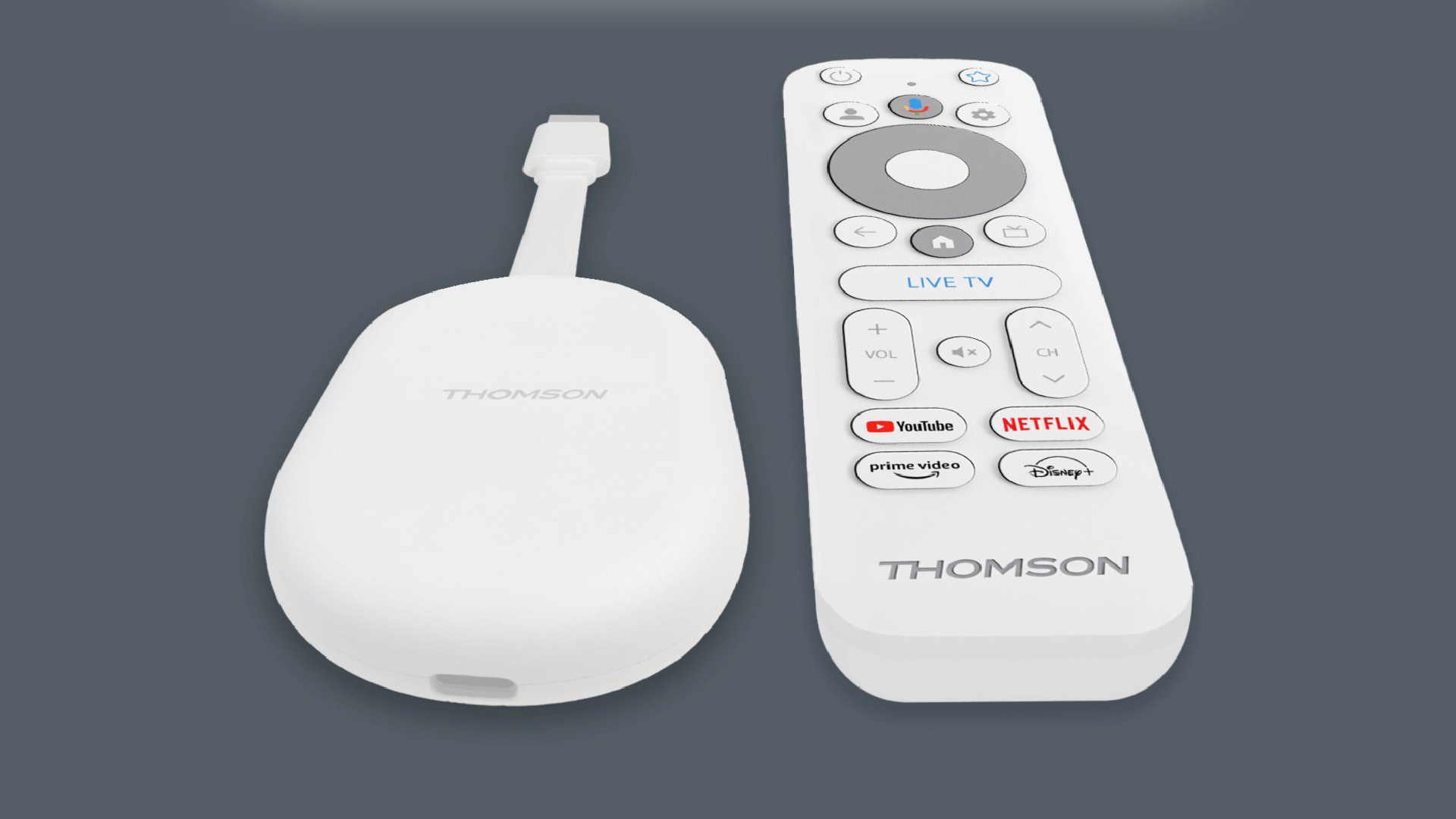
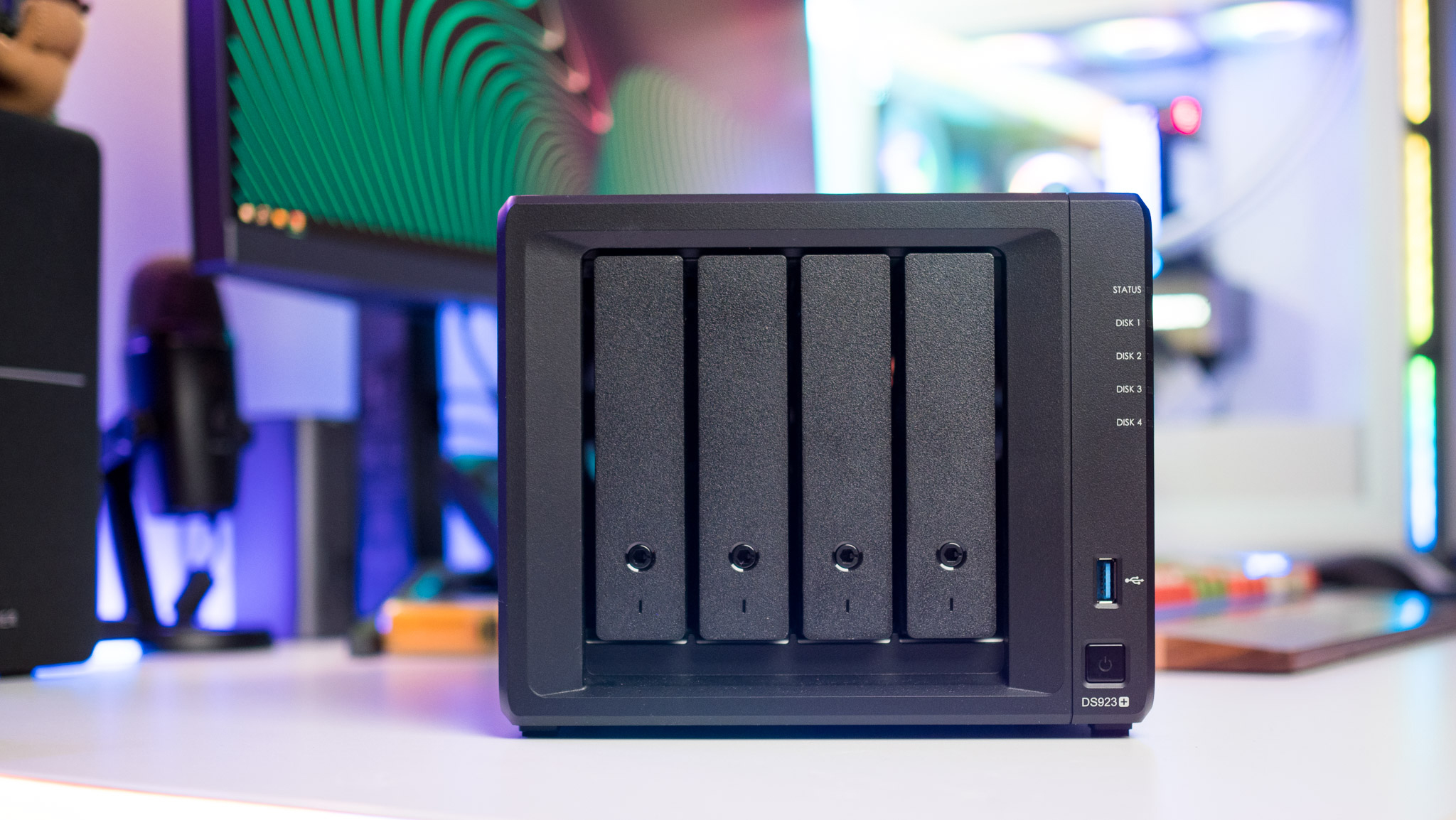














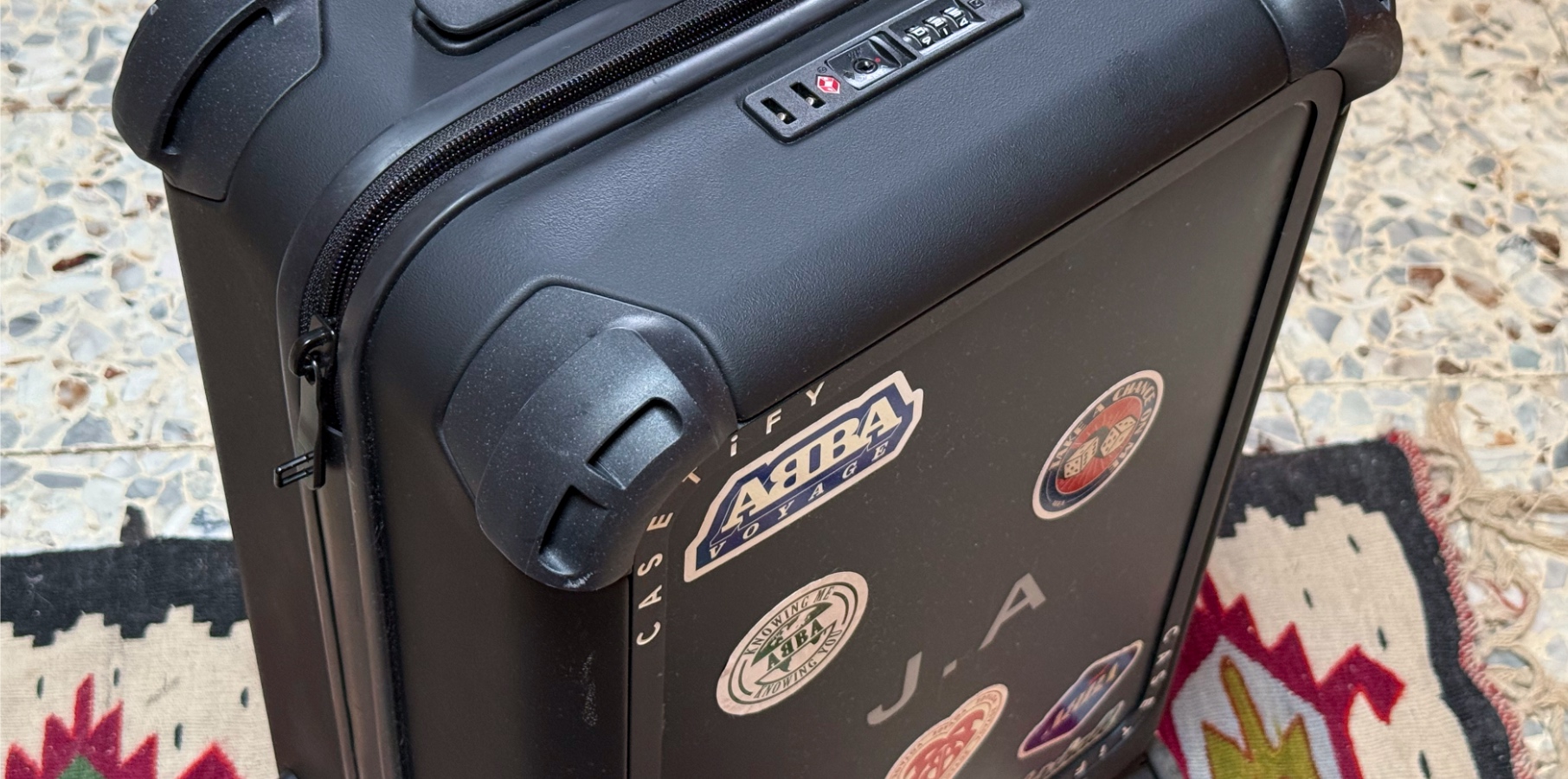
















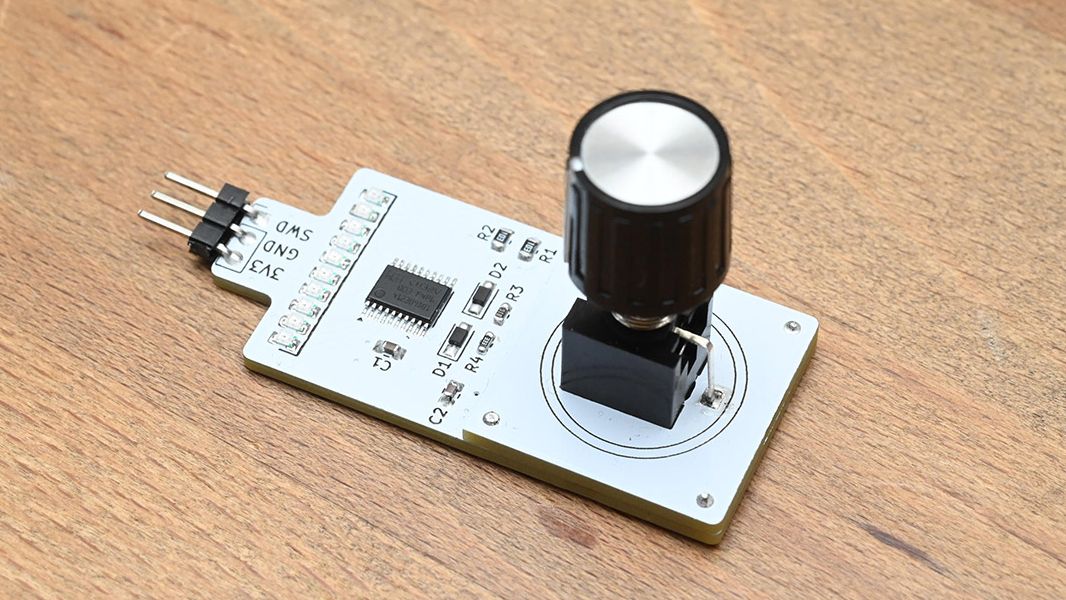
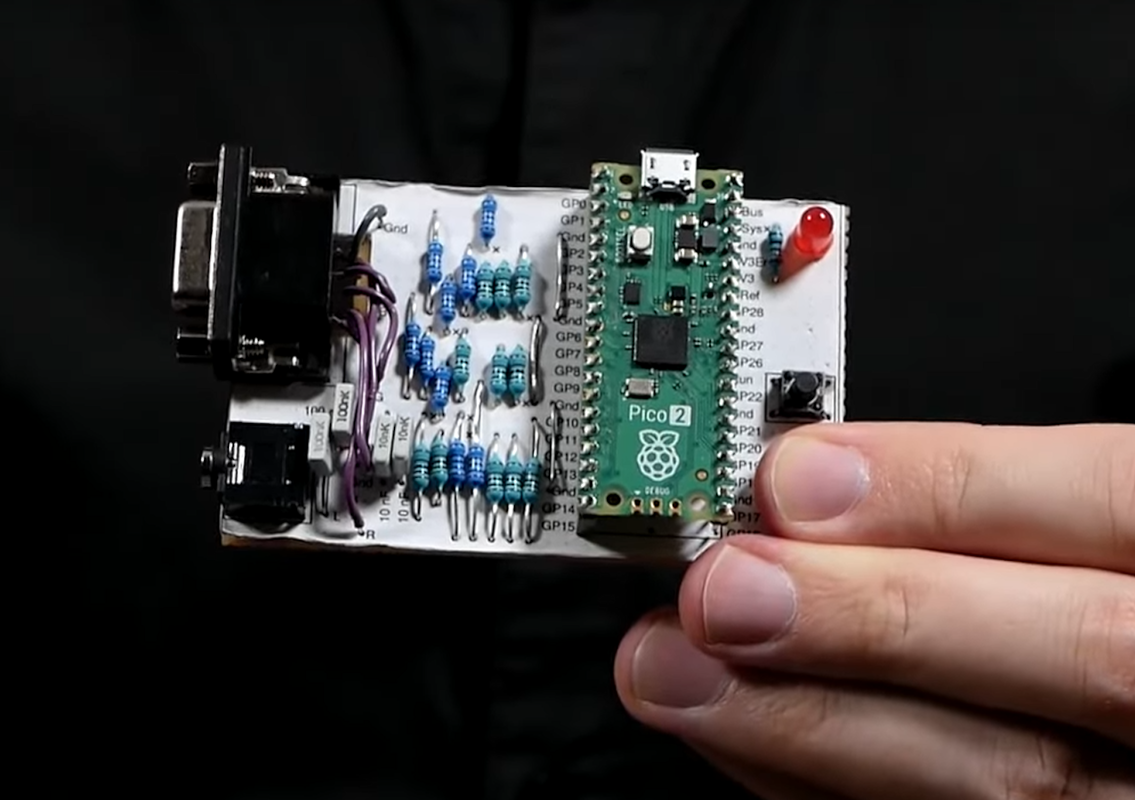



















































_Olekcii_Mach_Alamy.jpg?width=1280&auto=webp&quality=80&disable=upscale#)
























































































































![[The AI Show Episode 144]: ChatGPT’s New Memory, Shopify CEO’s Leaked “AI First” Memo, Google Cloud Next Releases, o3 and o4-mini Coming Soon & Llama 4’s Rocky Launch](https://www.marketingaiinstitute.com/hubfs/ep%20144%20cover.png)








































































































































































![[DEALS] Koofr Cloud Storage: Lifetime Subscription (1TB) (80% off) & Other Deals Up To 98% Off – Offers End Soon!](https://www.javacodegeeks.com/wp-content/uploads/2012/12/jcg-logo.jpg)






















































































.jpg?width=1920&height=1920&fit=bounds&quality=70&format=jpg&auto=webp#)




